Recognizing our commitment to sustainable practices and quality standards
Our commitment to sustainability and quality is reflected in the certifications we've earned, each representing a milestone in our journey to responsibly manage and harvest from our wild forests. From our organic practices to our dedication to fair treatment and environmental stewardship, our certifications showcase the high standards we uphold in every step of our production process.
We began with USDA Organic certification in 2015, ensuring that our maple syrup production adheres to the strictest organic guidelines. In 2022, we became the first maple syrup company to achieve Regenerative Organic Certification® (ROC), the pinnacle of organic farming standards that goes beyond soil health to include animal welfare and farmworker fairness. We’ve also earned Fair for Life certification, achieved NSF GMP status for food safety, and placed conservation easements on nearly all our land. Each certification tells a part of our story—one of care, responsibility, and a deep respect for the forests we farm.
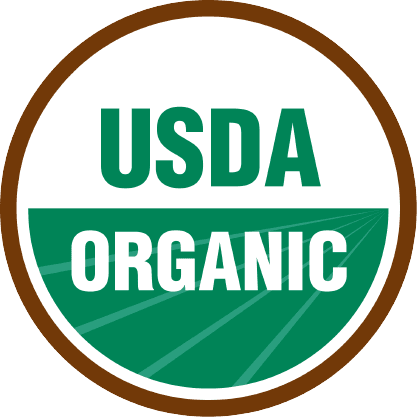
We have been certified organic ever since we started tapping our first trees in 2015. Although maple syrup production is inherently organic, we take the extra steps to ensure that no prohibited chemicals are used anywhere in sap collection or processing and follow the organic guidelines to ensure long-term sustainability of the maple resource.
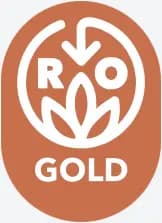
In 2022, we became the first maple-syrup company to achieve Regenerative Organic Certification® (ROC) status. This goes above and beyond USDA Organic regulations and is the highest level of certification for companies committed to “farming like the world depends on it”. ROC farms and products meet the highest standards in the world for soil health, animal welfare, and farmworker fairness and we are proud to supply many companies with ROC ingredients derived from our wild forests.
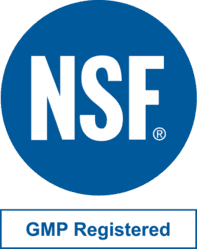
Many companies rely on 3rd party food safety certification to ensure that their products are manufactured with the highest quality standards. We take food safety very seriously and have been certified for Good Manufacturing Practices (GMP) by NSF since 2020. We strive to produce the highest quality foods from our forests while using the best technology and adhering to the highest food safety standards. Our HACCP (Hazard Analysis & Critical Control Points) Plans ensure that everything we produce is done in a way that minimizes the chance of any quality failures.
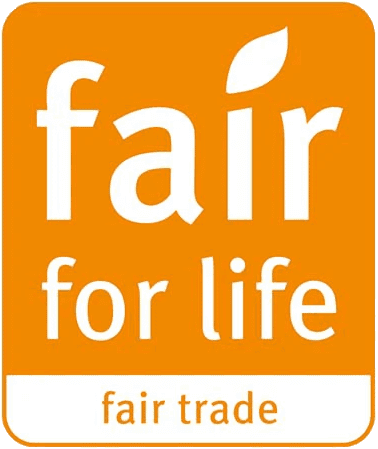
We became certified as Fair for Life in 2023 in order to achieve Gold level certification under the Regenerative Organic Certified system. The Gold level certification requires 3rd party certification to ensure companies are meeting the highest standards for social responsibility to its employees and communities.
In addition to providing meaningful, well-paying jobs for many locals in our rural communities, we also hire over 15 Jamaicans each year to assist with the harvest. They send most of their hard-earned wages back home to their families in Jamaica, thereby expanding our impact well beyond our local communities.
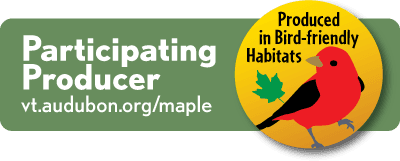
The forests where maple sap is collected are often referred to as sugarbushes and the Audubon Society developed a program to assist maple syrup producers in managing their sugarbushes to provide the best habitat possible for various bird species. We were one of the first producers to sign up for this program and have been managing our forests for songbird habitat over the past decade. It is a joy to be out in the sugarbush and hear such a wide variety of songs from so much different species of birds that make our forests their home for a short but important part of their lives.
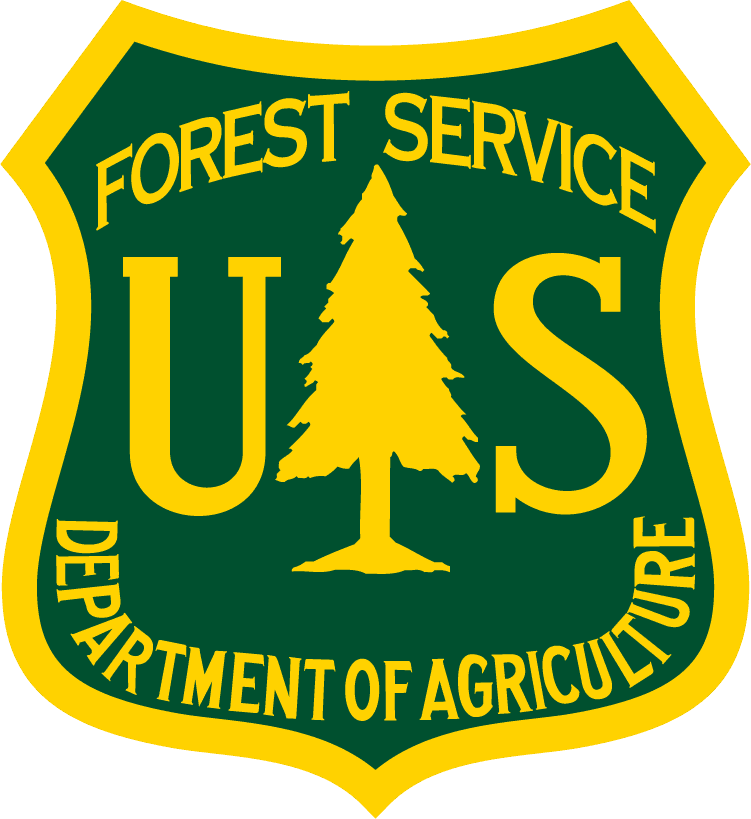
Through the Forest Legacy program administered by the U.S. Forest Service, we have placed conservation easements on nearly all of our property in New York and Vermont. We did this in order to protect the forests from future development and ensure that the land will always remain forested and provide all of the benefits we currently rely upon. These include carbon sequestration, clear air and water, wildlife habitat, and recreational opportunities that are open to the public. Putting conservation easements on our land certifies that we are committed to the long-term sustainability of our wild forests.